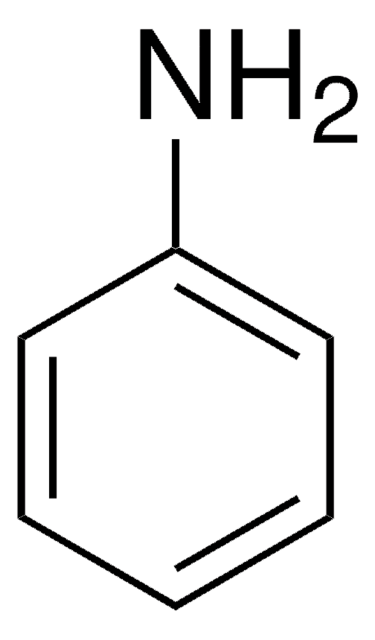365327
Copper
rod, diam. 11 mm, 99.9999% trace metals basis
About This Item
Prodotti consigliati
Saggio
99.9999% trace metals basis
Forma fisica
rod
Resistività
1.673 μΩ-cm, 20°C
Diametro
11 mm
P. eboll.
2567 °C (lit.)
Punto di fusione
1083.4 °C (lit.)
Densità
8.94 g/mL at 25 °C (lit.)
Stringa SMILE
[Cu]
InChI
1S/Cu
RYGMFSIKBFXOCR-UHFFFAOYSA-N
Quantità
Codice della classe di stoccaggio
13 - Non Combustible Solids
Classe di pericolosità dell'acqua (WGK)
WGK 2
Punto d’infiammabilità (°F)
Not applicable
Punto d’infiammabilità (°C)
Not applicable
Dispositivi di protezione individuale
Eyeshields, Gloves, type N95 (US)
Scegli una delle versioni più recenti:
Certificati d'analisi (COA)
Non trovi la versione di tuo interesse?
Se hai bisogno di una versione specifica, puoi cercare il certificato tramite il numero di lotto.
Possiedi già questo prodotto?
I documenti relativi ai prodotti acquistati recentemente sono disponibili nell’Archivio dei documenti.
I clienti hanno visto anche
Articoli
Spectral conversion for solar cells is an emerging concept in the field of photovoltaics, and it has the potential to increase significantly the efficiency of solar cells. Lanthanide ions are ideal candidates for spectral conversion, due to their high luminescence efficiencies and rich energy level structure that allows for great flexibility in the upconversion and downconversion of photons in a wide spectral region (NIR-VIS-UV).
Il team dei nostri ricercatori vanta grande esperienza in tutte le aree della ricerca quali Life Science, scienza dei materiali, sintesi chimica, cromatografia, discipline analitiche, ecc..
Contatta l'Assistenza Tecnica.
